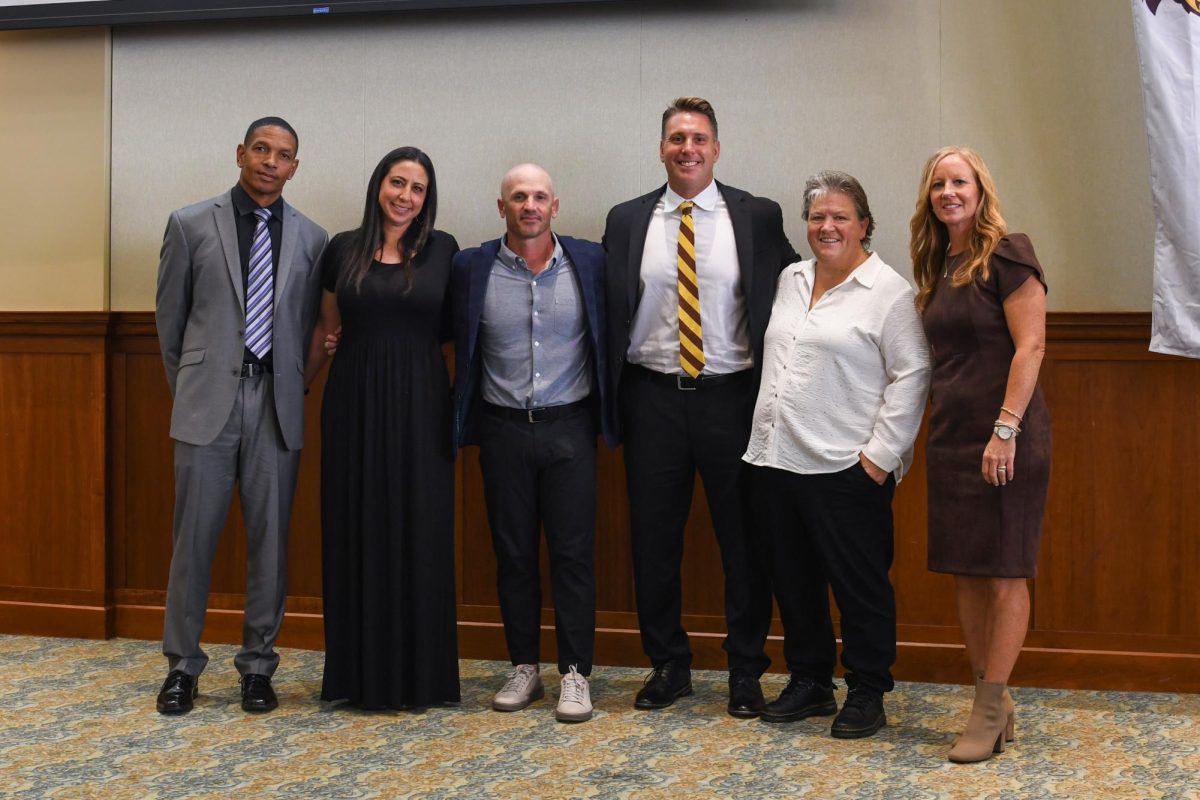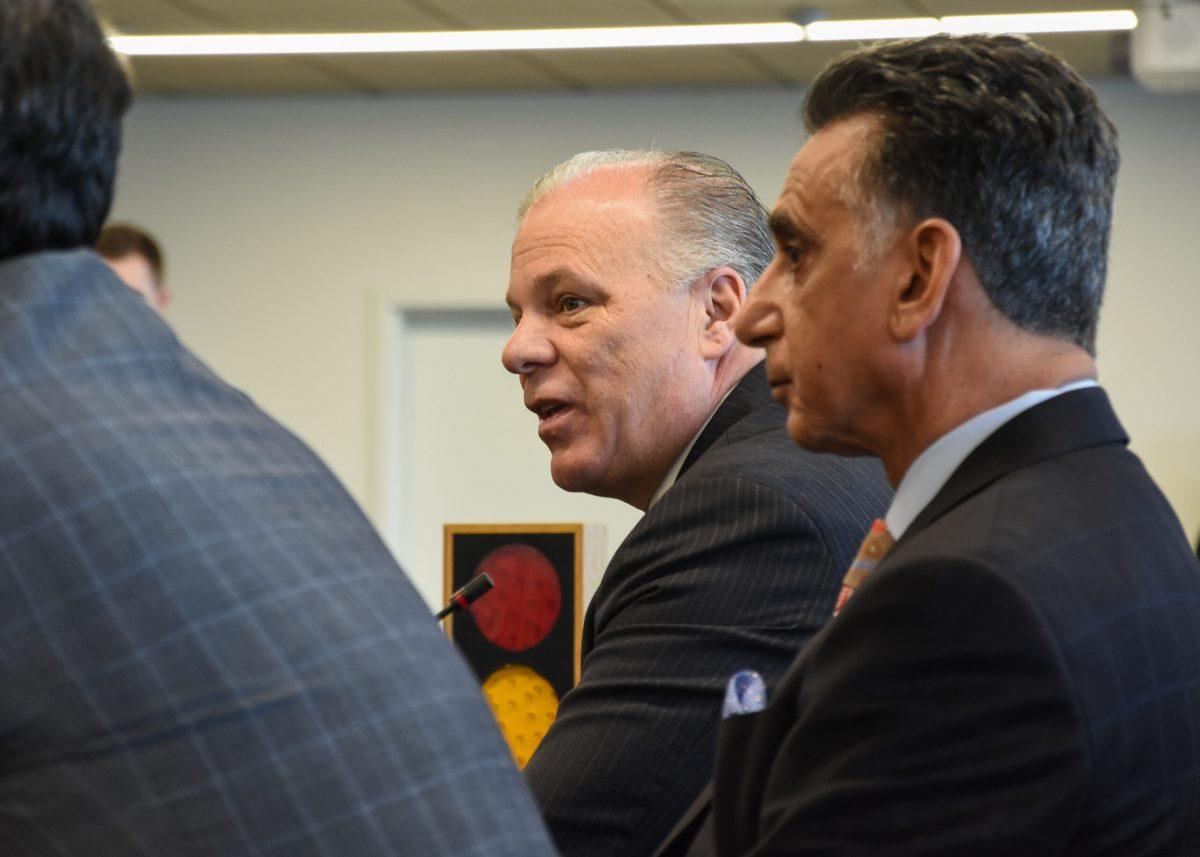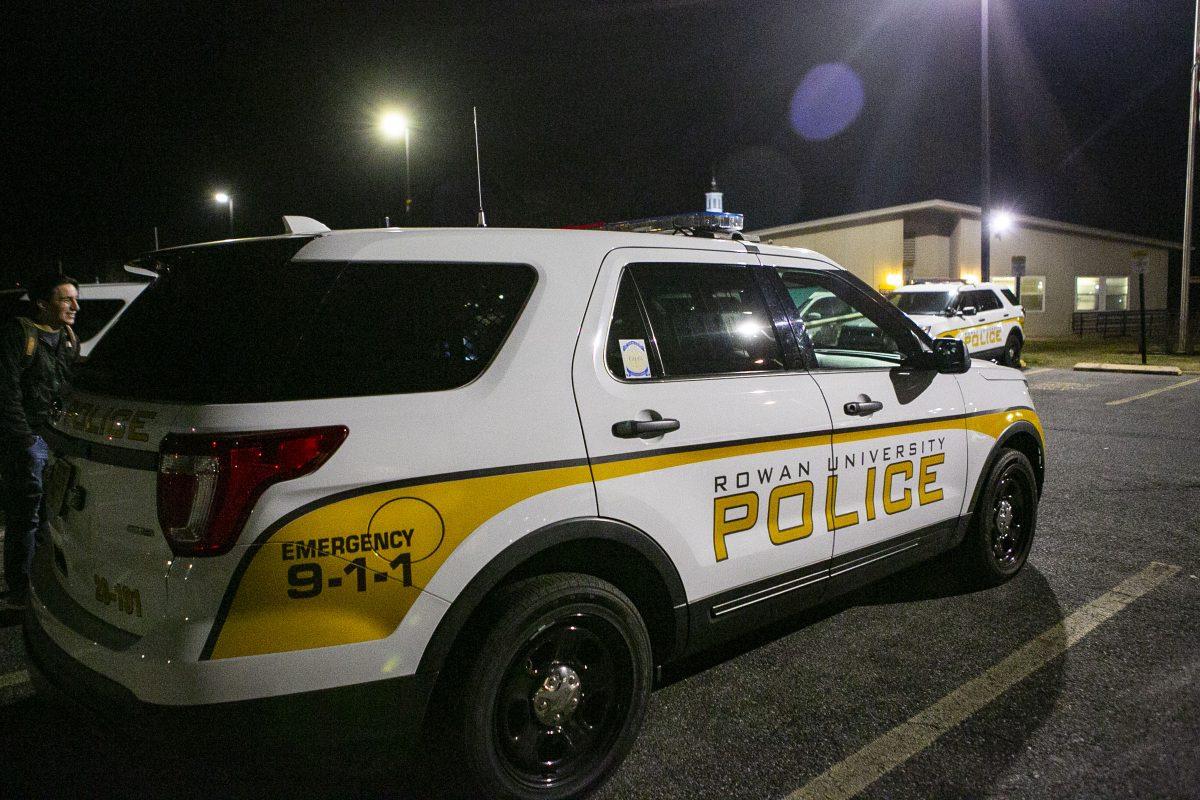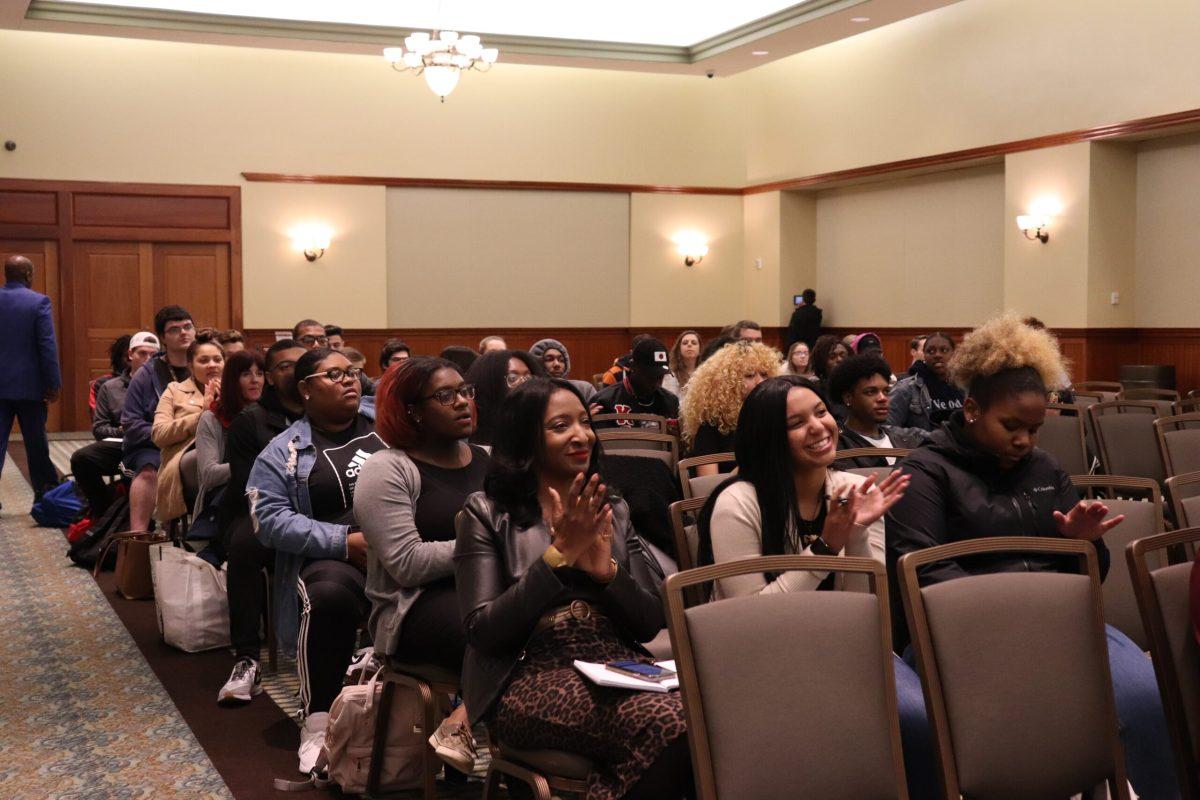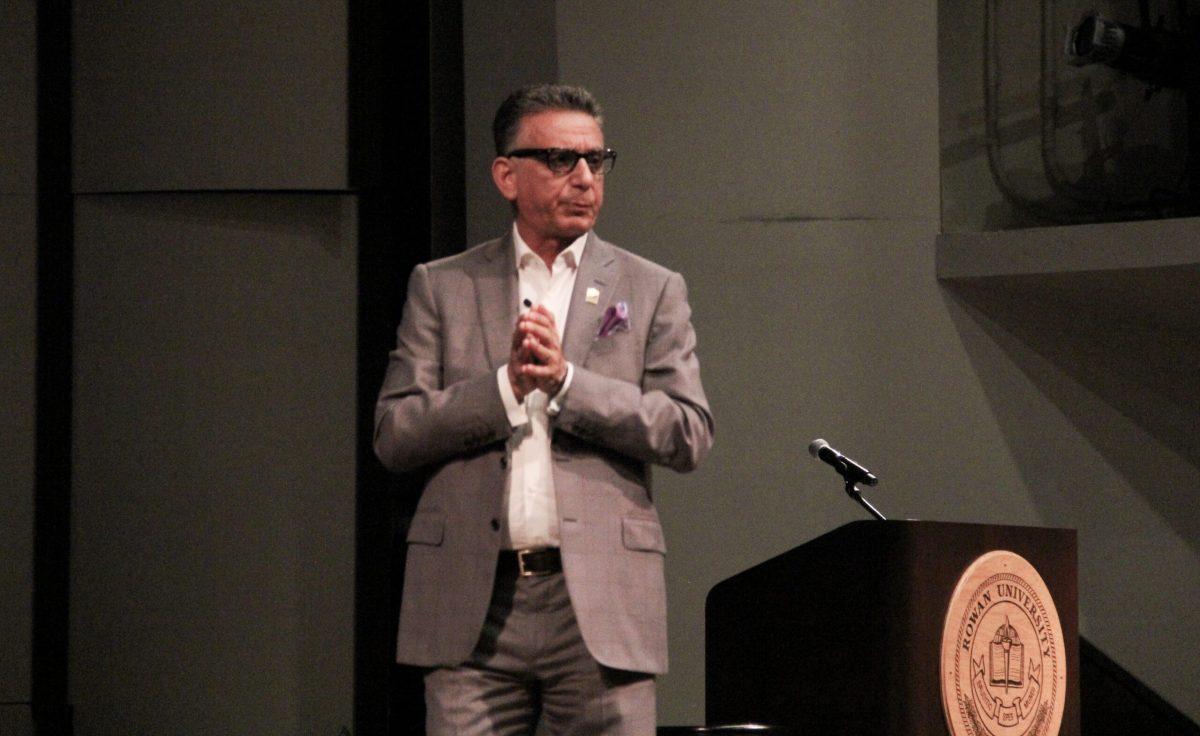Tuesday in the engineering hall the New Jersey State Senate held a budget hearing for their fiscal year 2019 budget. The purpose of the hearing was to allow constituents who may be impacted by portions of the budget to speak up and make their voices heard.
One of the largest groups of people at the meeting were representatives from several local school districts, including the Chesterfield, Kingsway, Robbinsville and Cherry Hill districts. These particular districts have been underfunded by the last few budgets. During the hearing, representatives from these districts were able to testify in front of the panel, which was made up of members of the Senate. After each testimony, the panel was able to interact with each group and ask them follow-up questions.
One of the people who testified at the meeting was Jennifer Cavallaro-Fromm, a Kingsway School Board member and a member of the Kingsway Regional School District Fair Funding Action Committee. Cavallero-Fromm said that the schools are simply asking for adequate funding.
“Governor [Phil] Murphy introduced a budget that allocated another 283 million dollars in education aid,” Cavallero-Fromm said. “What we’d like for them to do is allocate those funds to the districts that are most deficient in terms of their [funding] percentages. So rather than saying every single district is going to see an increase in aid this year, knowing that 65% [of the districts] are underfunded, don’t give the money to the districts that are continuously overfunded at the tune of 458 percent. Give the money to the districts that are most efficient like Chesterfield, like Kingsway, like Cherry Hill, DelRan, Robbinsville.”
Another major group at the meeting was the Court Appointed Special Advocates (CASA), a public-private partnership group that trains community volunteers to be advocates for children removed from their homes due to abuse and/or neglect. These advocates help children get the services they need. CASA New jersey Associate Director Liza Kirschenbaum was there, along with a large contingent of CASA workers.
Kirschenbaum noted that CASA had been funded in the state budget since 2015 at 2 million per year, but the organization was there asking for an additional 500 thousand per year in funding, which she said would allow CASA to cover 500 more children.
“Casa is a model public-private partnership,” Kirschenbaum said. “We are the only entity authorized by state statute to recruit and train community volunteers who work one on one with kids in foster care and other out of home placement. And so we perform a critical state function. We’re asking the state to help fund that function at a fair and equitable amount.”
Along with the hearing topics, the growth and expansion of Rowan University was another major centerpiece of the event. Senate President Steve Sweeney was present at the meeting and said that the growth of Rowan University was impressive. Sweeney also said that in his mind, this was still the beginning of a long process for the school.
“Rowan is not the same school it was six years ago, not even close,” Sweeney said. “And its degree is even that much more valuable now because giving Rowan [University] research designation has really raised the bar. Like I said, it’s not the same school and the exciting thing for me is that this is the beginning, not the end. Rowan has a great future and we intend to ensure that it meets all of its potential.”
For questions/comments about this story, email [email protected] or tweet @TheWhitOnline.
















